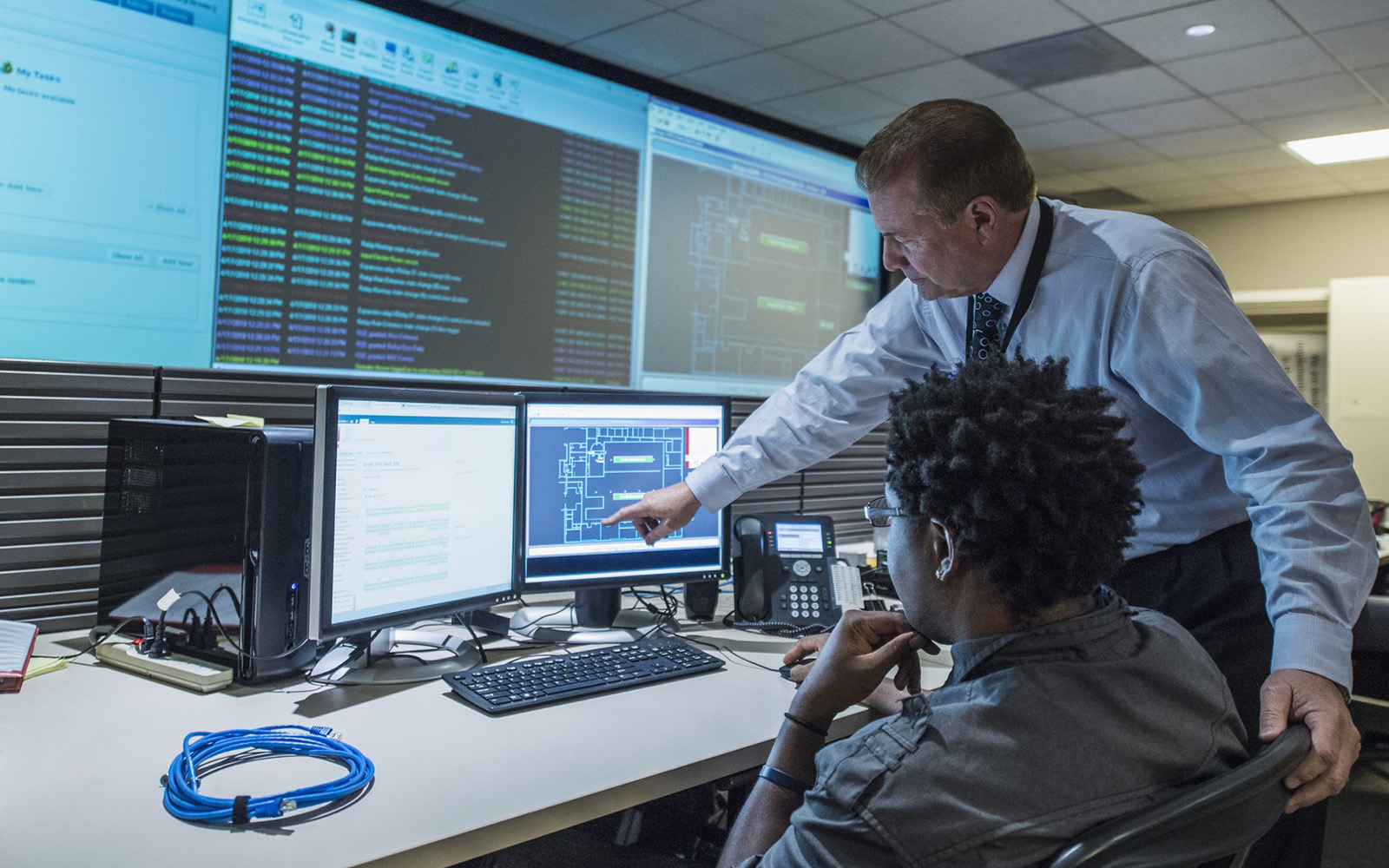
Knowing that your project partner used to own a business, earned a specialized degree, or is a technology genius can foster improved working partnerships.
But the fact that she likes chocolate ice cream, fast cars, and Major League Baseball isn’t essential to a productive business collaboration, and can even be detrimental to productivity.
Those are the findings of UConn management professors Lucy Gilson and John Mathieu, and two colleagues, in a recent study titled, ‘Do I Really Know You—And Does It Matter? Unpacking the Relationship Between Familiarity and Information Elaboration in Global Virtual Teams.’
The article is published in the journal Group & Organization Management.
Surprisingly, Most Employees Are ‘Virtual Teammates’

Understanding the dynamics of virtual teams has been a complicated and vexing problem for researchers.
“Unfortunately, even when you put the very best people on virtual teams, studies have borne out that they don’t perform as well on complex and ambiguous tasks as in-person work groups,” said Gilson, head of the UConn management department. “It seems meeting face-to-face, even once, improves the work dynamic.”
And more and more of us are actually working on virtual teams. The researchers consider teams to be “virtual,” even if they are in the same building, but most of their communication is done via technology.
Researchers: Familiarity Matters

While previous research tended to lump “familiarity” into one category, the UConn researchers were able to distinguish between professional and personal knowledge.
They concluded that professional familiarity plays a significant role in shaping subsequent levels of team success, perhaps because when colleagues know something about each other’s careers they know when to weigh in and what to expect from the others on the team.
Also, when strangers start working on a task virtually, they tend to “dig in,” forgoing exchanges about the challenges and the scope of the work. Those conversations that might lead to a new strategy for completing the project, and can be critical for project success, Gilson said.
“For managers, I think the message is that virtual tools give you options, but be careful to pick the right media for your team to get the job done,” said Mathieu, a distinguished professor at UConn and the Friar Chair of Leadership & Teamwork. “It is always best for people to get to know each other before they launch a joint project.”
Testing Their Theories in International Tech Company
To test their theories, the researchers studied employees in an international supply-chain company that addressed software, hardware, and retail store solutions. Employees worked at 23 locations in 10 countries, including the U.S., China, Ireland, Japan, Mexico and Taiwan.
Gilson, Mathieu and their colleagues were able to conduct online surveys with 363 people, from 68 teams, and ask them questions about their colleagues’ professional achievements, including competencies, reputation, work performance, dependability, and attention to detail. Then they asked questions of a personal nature, about a teammate’s values, likes and dislikes, employment history, hobbies, and family status.
In the next phase, team leaders were asked to evaluate their team’s effectiveness and the likelihood that they would work together again. Teams were considered a success if they could deliver their products by the targeted delivery date. In addition, managers’ ratings suggested that high-performing teams delivered products of high quality that were valued by internal and/or external customers.
“We wanted to know if professional knowledge, such as reputation, values, likes and dislikes, skills, career strengths played a role in the process,” Gilson said. “Did it matter if you knew something about them? Are they more likely to listen to and consider input from team members with whom they have professional familiarity?”
“Familiarity among teammates doesn’t always work the way you’d expect it,” Mathieu said. For instance, among surgical teams, familiarity can be helpful unless they become too comfortable and their attentiveness declines. Likewise, student teams in which the teammates are good friends have more personal conflict that teams of strangers, seemingly because politeness and professionalism are expected among strangers.
“We want teams that function well and are efficient. We found that those that were professionally familiar did well,” said Mathieu. The other researchers on the project included UConn alumnus M. Travis Maynard ’07 Ph.D., now a professor at Colorado State University, and Diana R. Sanchez, an assistant professor at San Francisco State.
Conclusion: Type of Familiarity Matters
The researchers were able to enhance both the literature on virtual teams and create practical advice for managers. They concluded that the type of familiarity is crucial to professional success.
“Contrary to our expectations, personal familiarity evidenced an increasingly negative relationship with information elaboration to the extent that virtuality became relatively lower,” they wrote. “Thus it appears that when team members possess relatively little personal knowledge of one another, it is best that they interact through less virtual means. Perhaps because a team has high levels of personal familiarity, this may inhibit information elaboration because communication may become too social.”
The findings suggest that team leaders need to identify ways to enhance information elaboration if a team is to be effective and viable.
Managers need to make sure virtual teams build strong relationships with one another, specifically knowing the skills, knowledge, and abilities of the team members. Professional, not personal familiarity seems to be the key. When professional familiarity was enhanced, so was the level of work. In contrast, personal familiarity didn’t have the same impact.
However, there may be a maximum point of success. Higher levels of virtuality appear to dampen the positive relationship between professional familiarity and information elaboration, indicating that if too much of the work is reliant upon technology, the familiarity impact will be diminished.
In relatively low virtuality, personal familiarity was negatively related; however this relationship turned slightly positive when teams exhibited high degrees of virtuality, the researchers said.